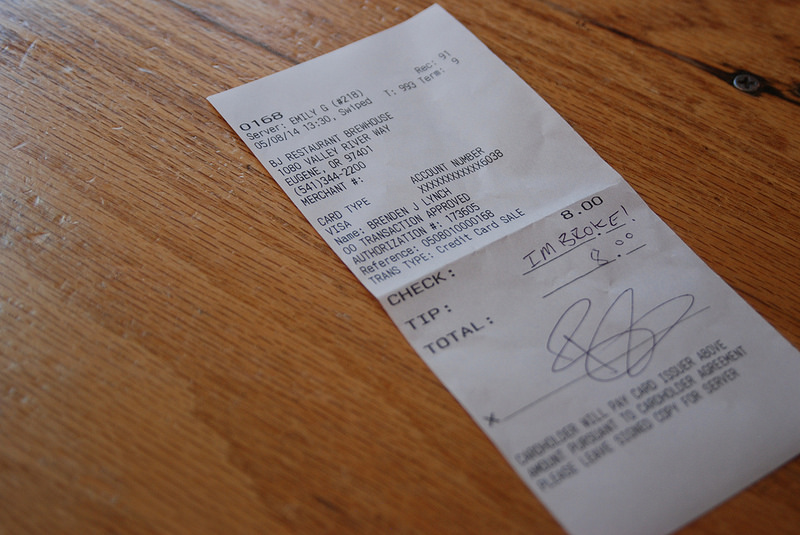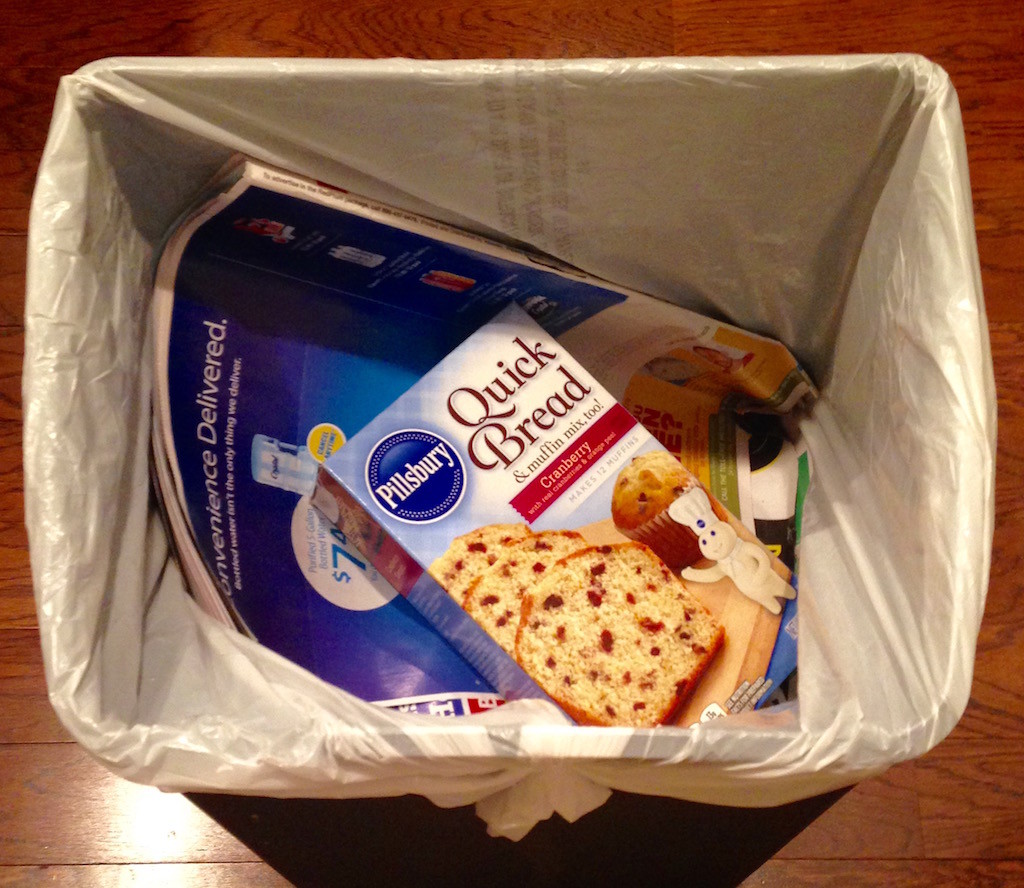When I set out to find a job in the food industry (assuming these awesome food jobs weren’t an option), I avoided larger companies. I didn’t want to be dealing with enormous rushes, already prepared dough, and massive numbers of coworkers, so I gravitated toward small businesses.
I have worked at a small deli and a small bakery, both of which will remain unnamed. While my time at these jobs was overwhelmingly positive, I’m sharing some of the more surprising aspects of my experience to help students make informed decisions about where they would like to work.
It’s a lot easier to pack on the pounds

GIF courtesy of nowthatsfandom.tumblr.com
Whenever you work in the food industry, you will pick up the smell of your job, but when you’re working in a small business, you’ll really pick up the weight too.
At the deli I worked at, my coworkers and I were working 6-8 hour shifts without breaks, surrounded by delicious, hand-prepared food; since there weren’t managers constantly patrolling us, sneaky snacking was inevitable.
When I worked at a bakery, there were so few workers, the bosses let us eat however much of the product we wanted on the job. Between the two jobs, I probably gained more pounds than I did actual money (if you don’t believe me, read more about it).
Customers expect hand-made food at store-bought speeds

Photo by Jocelyn Hsu
Have you ever made a milkshake with a vintage milkshake machine and really cold ice cream you had to scoop from a large tub that’s only a few feet off the ground?
No, you probably haven’t, but can you appreciate that this process takes some time? It certainly takes more time than making a milkshake in a blender (which, honestly, can make for a pretty delicious milkshake).
To be fair, lots of customers who appreciate the extra effort you put in, but unfortunately, there are also many (usually very vocal) people who want the specialty product without having to spend the extra time.
People expect prices similar to large chains

Photo by Judy Holtz
Oh, and shocker: special ingredients and extra preparation cost more money. I was a lowly worker with absolutely no control over price, but to many unhappy customers, I might have well been the supreme overlord of the world, responsible for all poverty and hunger.
People take more shortcuts

GIF courtesy of tumblr.com
Every business takes shortcuts. However, when only 40 percent of small businesses profit (the food industry is particularly competitive), owners have to watch every penny. This means they’ll often be more hesitant to throw away food and quicker to cut corners.
It also means they might make more mistakes. Of course, some of it is unintentional. Small businesses owners have an incredibly large amount of work to do. Since they can’t constantly oversee every aspect of a multifaceted machine, it’s easier for standards to slip through the cracks.
And workers (sometimes) don’t like it

Photo by Lexi Nickens
I once had to sell a Pillsbury brownie but was not allowed to tell customers where it came from. When businesses make short-cuts, workers may have to lie to customers about when or how a product was made, which can be very uncomfortable.
At the same time, workers also often took advantage of the situation. In small businesses, where there’s usually less supervision, official training, and clearly outlined guidelines, workers can more easily rely on timesavers or simply unknowingly screw up.
This combination of events creates a weird atmosphere – employees complain about shortcuts their bosses made but cut corners themselves, and bosses ignore workers’ concerns but still get upset when employees don’t live up to their standards.
Conflict gets really real, really quickly

GIF courtesy of disneypixar.tumblr.com
Disagreements become heightened when dealing with food products because people’s health is on the line. Everyone is a lot touchier when mishandling and mishaps could make someone violently ill (and it happens frighteningly often).
The already-tense environment is amplified in a small business, where there is no mediator between the lowest employee and the owner. Even if you’re not involved in the conflict, at the very least, it can make your work environment tense and awkward.
Again, I still really enjoyed my time in the food industry, but people don’t typically read articles titled “I loved my job” (but it does happen). I just want to ensure people have all sides of the story to help them find a job that fits them.


